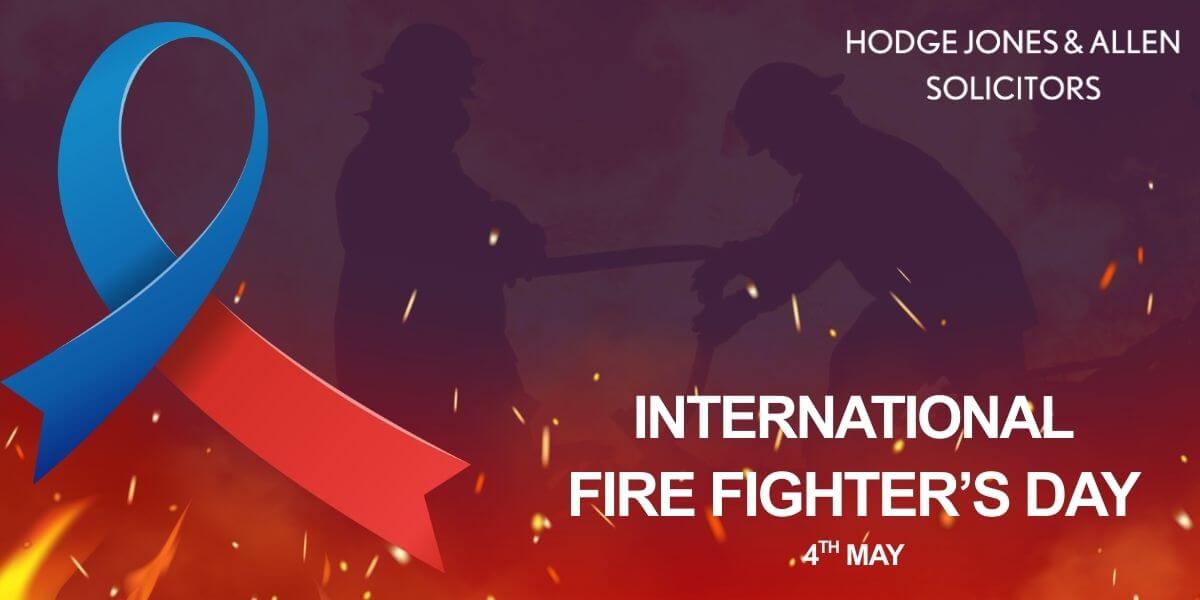Expert Comments

Blog
Understanding The New Legislative Proposals On State Threat Activity
Insights from the Independent Reviewer of Terrorism and State Threat Legislation’s May 2025 report, ‘State Threats and Terrorism’ In May 2025, the Independent Reviewer of Terrorism and State Threat Legislation (IRTL),…
June 23, 2025

Opinion
Mental Health Crisis Centres: A Promising Reform That Must Not Fall Short of Legal and Clinical Standards
The NHS’s recent commitment to roll out mental health crisis centres across England over the next decade has been broadly welcomed as a long-overdue response to an urgent problem. For…
May 29, 2025

Opinion
Transgender Beneficiaries – Will Obtaining A Gender Recognition Certificate (GRC) And Changing Your Name Impact Inheritance?
Following the enactment of the Gender Recognition Act in 2005, transgender individuals whose circumstances qualify can choose to obtain a GRC which changes their gender for legal purposes. It is…
May 20, 2025
BACK TO THE TOP



















